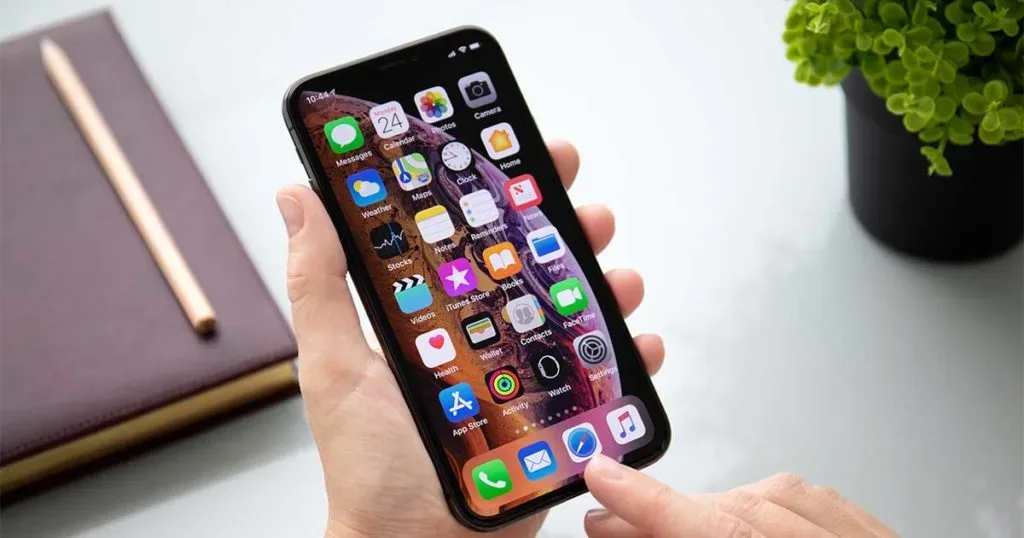You’ve probably heard the news: Apple is forcing app developers to disclose exactly what data they collect and how they use it, in the biggest shake-up to data privacy in years.
Apple will be adding privacy labels to every app product page to give you a deep understanding of an app’s privacy practices before you download it on any Apple platform.
The privacy labels will list the types of data the app may collect and whether that data is linked to you or used to track you.
Not only is Apple forcing data privacy further into the spotlight (a good thing) it is giving you much greater power to make more informed privacy choices (a great thing).
There are very few ways an app developer can avoid disclosing their data collection and usage and what they tell Apple will need to be accurate and up to date.
Examples of the types of data that apply under Apple’s new privacy requirements are:
- Contact information such as name, email address and phone number
- Health and medical data
- Financial information such as form of payment, payment card number, or bank account number, and credit score
- Location
- Sensitive information such as racial or ethnic data, sexual orientation, pregnancy or childbirth information, disability, religious or philosophical beliefs
- Contacts list in a phone
- User content including text and email content, and a user’s photos and videos
- Browsing and search history
- User IDs such as handles, account IDs, and device-level IDs
- Purchase history
- Usage data
- Diagnostic data
- Any other data type not mentioned.
How an app developer and any third parties use the data the app collects is also at issue. Some uses that must be disclosed are first and third party advertising, such as showing ads in your app, sending marketing communications directly to you, and using data to customize what you see, such as recommended products and posts.
Importantly, the privacy labels will also display whether data the app collects is linked to you, and whether data is used to track you. Examples of tracking are:
- displaying targeted advertisements in the app based on your data collected from apps and websites owned by other companies
- sharing your device location data or email lists with a data broker.
App developers will be able to link to their privacy policy and explain your privacy choices for the app and how to manage them. For example, at this link an app developer might explain how to minimize certain personal data use via settings or app features.
So, what does Apple privacy labelling mean for your data privacy?
We believe that Apple’s privacy labelling will force all app developers to think about the data they collect and its purpose, and this can only be a good thing for you. It will increase visibility of data handling practices, which could help you to make more informed choices.
Some commentators have compared Apple’s new privacy labels to food nutrition labels, in that the labels will reveal the “data ingredients” of an app. This will give users even greater impetus to call for change to how companies collect and use their personally identifiable information.
What’s more, we think the privacy nutrition labels will give you much greater choice. They might not prompt “healthier” apps from a data privacy perspective but they will allow you to choose the apps you’re willing to tolerate. In the same way you might choose the cookie with the lowest sugar content, you will now be able to select the app that best fits your personal privacy appetite. Of course, all cookies have some sugar (all apps use some data), so you must decide what’s reasonable for a particular app. For example, an app where youregister with an email address will of course collect that data and use it to communicate with you about youruse of the service. That’s reasonable. Not providing a way for you to opt-out from marketing communications to that email address is not.
Bottom line? We already know privacy will be a defining issue of this decade, and this move from Apple will make more people privacy-minded and reinforce the privacy agenda of privacy-first companies like Anonyome Labs, the makers of MySudo. It will also root out apps that are clearly overreaching with data collection and usage, to be either fixed or abandoned.
We applaud Apple’s move and look forward to seeing the impact.
Photo by: DenPhotos



